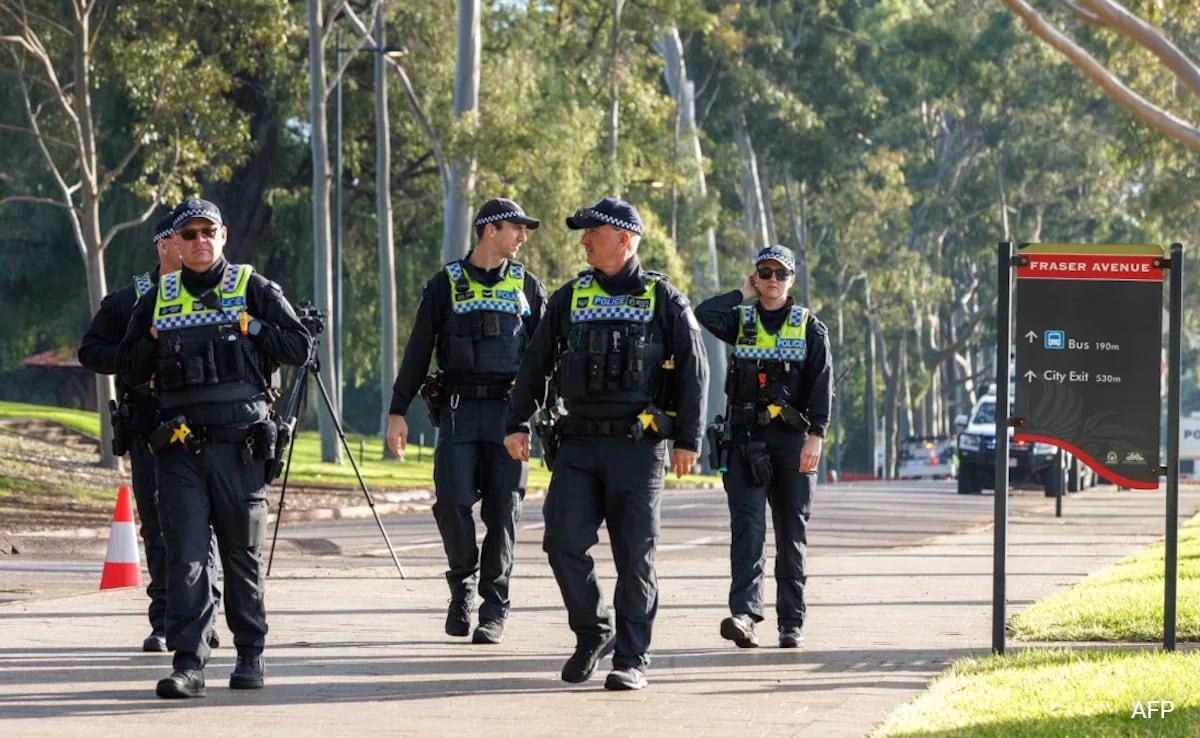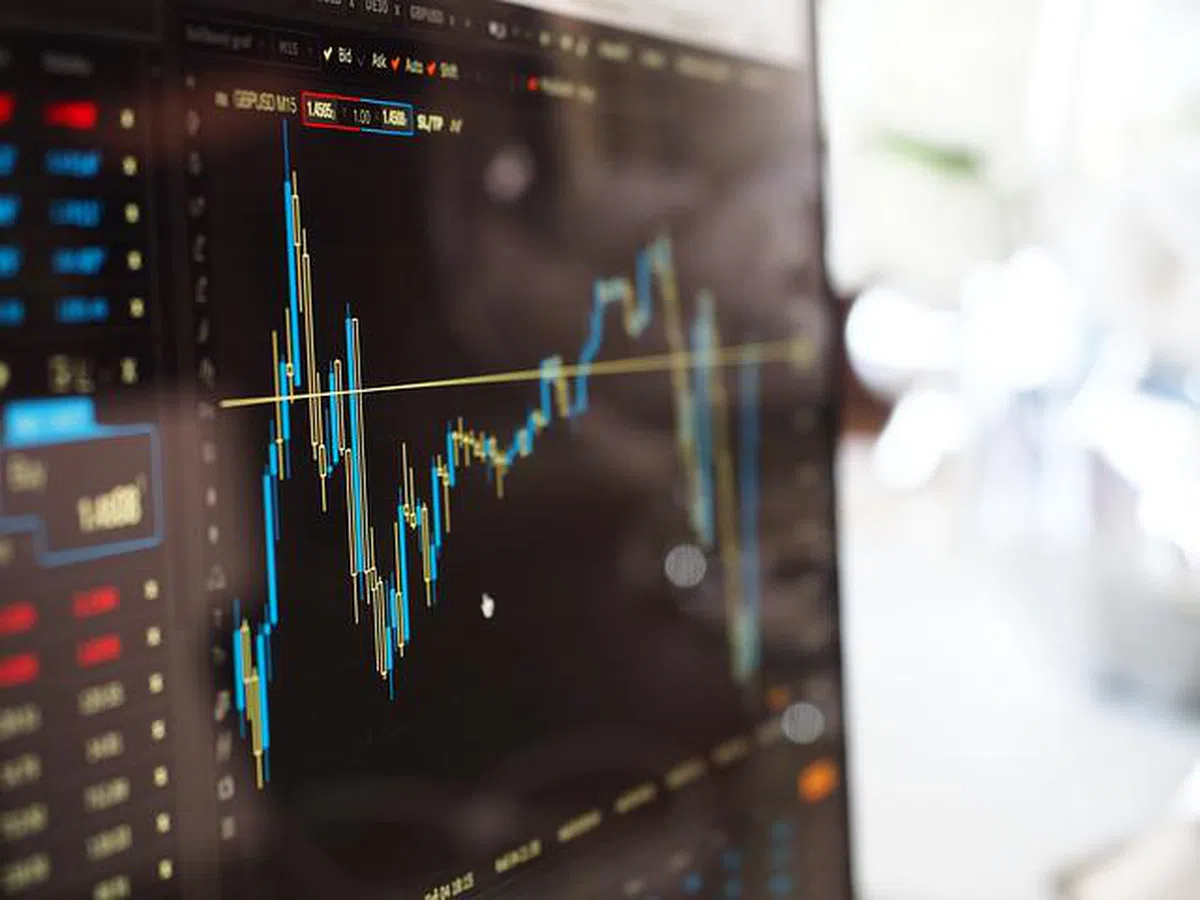[LONDON] China has more than quadrupled its exports of steel in semi-finished form so far this year, adding to an unprecedented flood of the metal even after a wave of trade actions.
Semi-finished steels are intermediate products that are reworked before sale to industries, from cars to construction or consumer goods. “Semis” such as steel billet are rarely more than a tiny portion of total exports, but that’s changing as domestic pressures mount and as other countries try to restrict flows of the more typical products.
Exports of semis in the first seven months of 2025 ballooned by 320 per cent to 7.4 million tonnes, according to Chinese customs data, amid a surge in supplies to South-east Asia and the Middle East. In July alone, the volume reached more than 1.5 million tonnes, or about 14 per cent of total steel shipments to the rest of the world.
China’s booming steel exports have defied expectations this year, with volumes remaining high despite rising protectionism across the global industry. Total exports from China hit a record in the second quarter, helping to support a home market weighed down by prolonged weakness in the property sector.
“Unless there are mandatory production curbs that restrict domestic supplies, we expect billet exports to continue as China is very price competitive,” said Jinshan Xie, a ferrous analyst at Horizon Insights.
The resilience shows how China’s steel traders are adept at finding new markets in the face of trade obstacles. Hot-rolled coil, which has faced anti-dumping scrutiny from Vietnam, South Korea and several other major destinations, saw export volumes fall about 13 per cent in the first seven months of the year.
Some voices in China’s own steel industry have called for action to reduce steel billet exports. In July, the China Iron and Steel Association proposed curbs, arguing that the trade wastes domestic processing capacity – since the metal is rolled elsewhere – and keeps iron ore prices high.
Indonesia was the largest buyer of semis so far this year, importing 1.14 million tons, followed by the Philippines with just under a million tonnes, then Turkey, Italy and Saudi Arabia. BLOOMBERG







